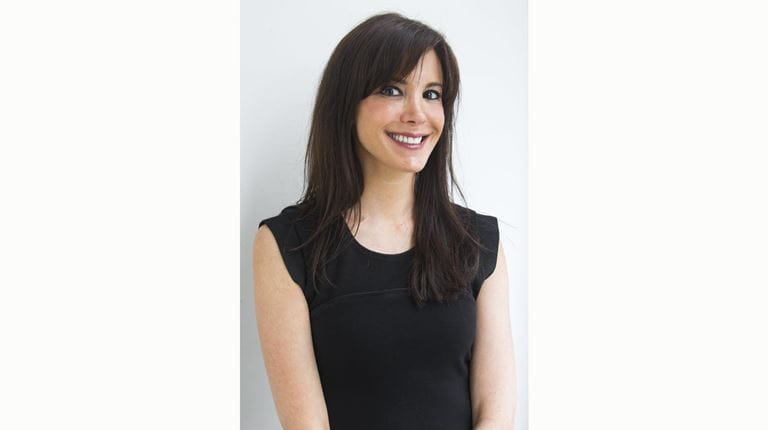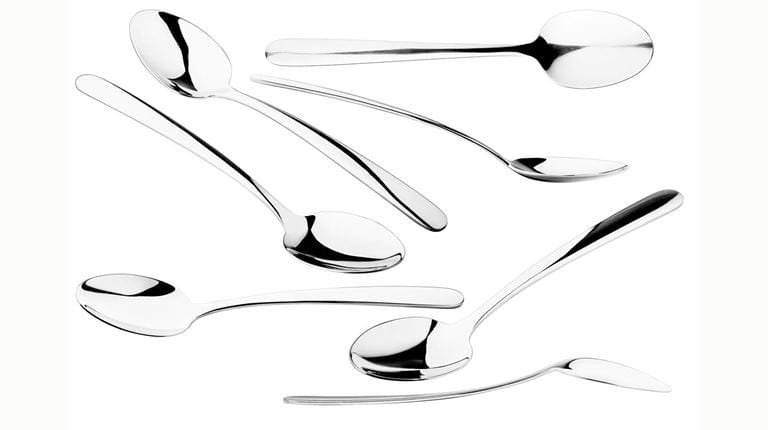Eyeing her calendar, Jodi Taub predicted it would be a draining day. Taub, a behavioral health therapist who lives with a primary immunodeficiency disease, had multiple tasks to achieve and limited energy.
“First, I had my immunologist’s appointment, then I had work, so I knew I could be tired,” she recalled.
So, she planned ahead. She contacted her dog walker and arranged for him to take her pooch for a stroll around the park. She called her boyfriend and asked him to make dinner.
Taub didn’t want to run out of spoons.
If you know what she means, then it’s likely you’re someone who lives with a health condition that affects your energy level. The term is so ingrained now that lots of patients call themselves “spoonies” as a kind of shorthand. Google the word and you’ll find spoonie social media groups and hashtags.
Christine Miserandino, an advocate for people with chronic illnesses, coined the term “spoon theory” in a 2003 as a way of explaining to a friend what it’s like to live with lupus.
“The difference between being healthy and being sick is having to make choices, to consciously think about things when the rest of the world doesn’t have to,” she explained in a YouTube video. “When you are healthy you have a never-ending supply of spoons.”
The theory is you start each day with a certain number of spoons, each representing a task or obligation. Take on too much, and you run out of spoons. Taub says using this concrete explanation comes in handy.

“The spoon theory helps people to understand when there is no gas left in the tank,” she said. “It explains why you might have gone to work that day but can’t go out that night.”
A metaphor is born
Buy why spoons? Miserandino was at a restaurant with a friend, when inspiration struck. She grabbed a handful of spoons to illustrate the daily challenges of long-term illness, when even the smallest task can require a spoon.
“As (my friend) rattled off daily chores or just fun things to do, I explained that each one would cost her a spoon,” Miserandino said. “When she jumped right into getting ready for work as her first task of the morning, I jumped in and took away a spoon.”
In rationing her own spoons, Taub tries to distinguish between non-negotiable tasks and optional items.
“School and work need to be done now and the rest can wait until the weekend,” she said.
The COVID-19 pandemic presented chronically ill patients with new concerns and stresses, like worrying about access to needed healthcare and hypervigilance about hygiene, especially in public. Add to that the disrupted schedules, canceled plans and unexpected loss, such as suddenly being out of work.
“One of the strengths that spoonies have is dealing with unexpected occurrences,” Taub said. “They already have the skill sets that are now required of everyone else.”
Adjusting to the COVID-19 world
During the pandemic, many people have to take on new responsibilities at home, such as helping kids keep up with school work. The key is to make adjustments.
“If home schooling is taking up too many spoons, the laundry might have to wait until the weekend,” she said. “You can’t depend on other people to come over and help because of social restrictions.”
Above all, practice good self-care while you are sheltering at home. Eat nutritious meals. Get lots of rest. Find ways to bring joy into the experience of staying home, such as reading good books or playing board games.
“Be kind to yourself and do the best job you can,” Taub said.
Once restrictions have loosened and more social gatherings can happen, people who live with chronic illness will have to add that into the mix, too. Cancelling plans goes with the territory for people who closely manage their energy and health. Taub remembers attending her niece’s bat mitzvah and then having to cancel fun plans for the next day because she was too worn out.
“The consequence is that Monday would have been really difficult if I hadn’t done it and I would be jeopardizing my health,” Taub said.
It can be a delicate social dance with friends who are healthy. If she isn’t feeling well, Taub lets friends know right away, which gives them the freedom to make other plans.
Several rare disease patients shared this same issue with us so we included the dilemma in our video “How to Help a Friend With a Rare Disease.” Watch the video.
Taub tries to be up front about her need to conserve spoons. She lives in Jersey City and a friend wanted meet in Brooklyn. Travel time would have required too many spoons, so Taub suggested a compromise, meeting in Manhattan.
“You have to give people the opportunity to show up and you have to tell them how to do it,” she said. “It’s difficult navigating a rare disease because you have the added burden of having to educate people about your disease.”
The power of ‘no’
Dr. Lauren Tessier, a physician specializing in complex chronic illness, said helping people navigate their normal activities of daily living is an important part of her job.
“Nearly all my patients identify as spoonies,” she said.
Reduce energy sinks and preserve spoons by harnessing technology, innovations, helpful devices and pragmatic practices. That could be as simple as purchasing a shower seat or getting a short, low-maintenance haircut.
What about the demands of pets and cooking meals? For animal friends, invest in automatic litter boxes, automated feeding stations, and hiring dog walkers. And make meal prep as simple and efficient as possible.
“If cooking food is too difficult, get a multi-function instant cooker,” Tessier said. “Make large one-pot meals and keep extra in the freezer.”
Tessier also encourages patients to evaluate their relationships, as well as their activities.
“Wasting precious spoons on navigating difficult people is a no-go,” she said. “Saying ‘no’ can be one of the most empowering things, because it allows you to say ‘yes’ to the things that matter in your life.”



